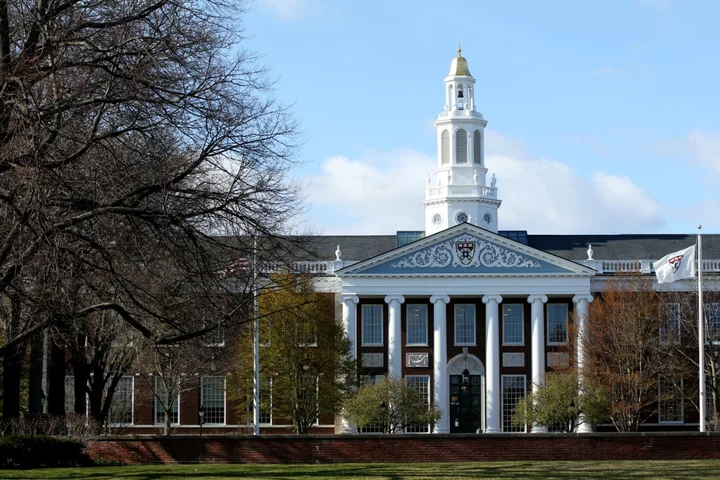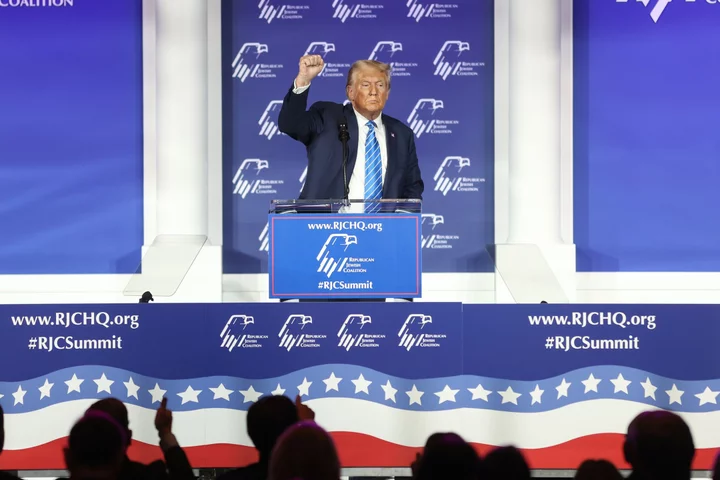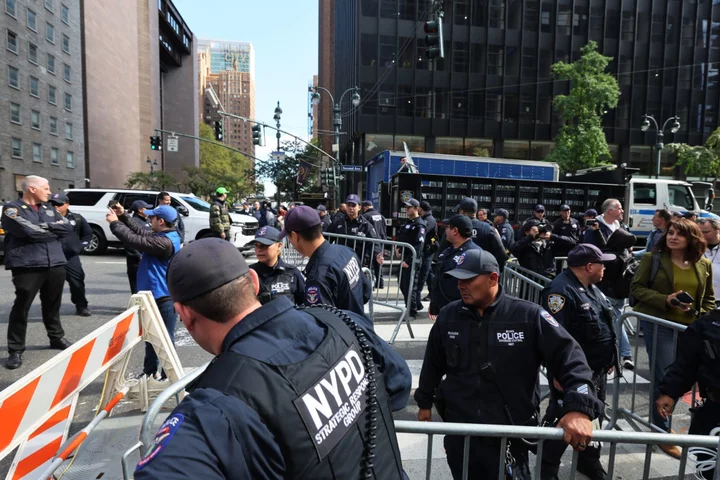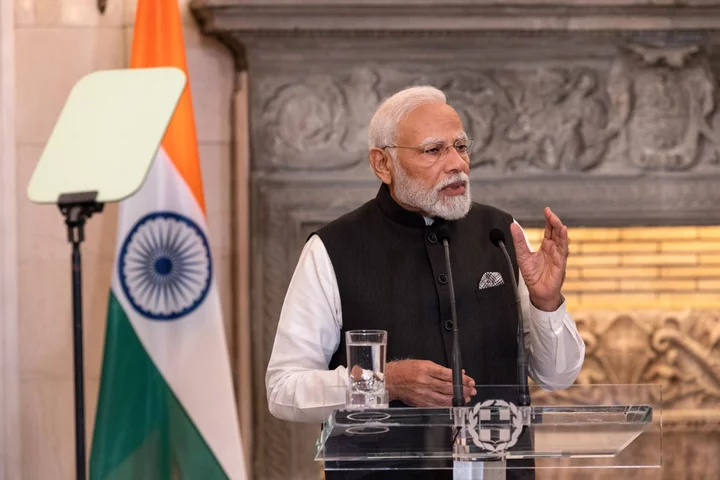Harvard University was defiant after the Supreme Court effectively banned universities from using race as a factor in admissions, arguing the role of diversity and difference in education is essential to academic excellence.
In a letter signed by leaders from across the institution, including outgoing president Lawrence Bacow, the university said it would comply with the court’s ruling, but it would force change in how it ensures a commitment to diversity.
“We write today to reaffirm the fundamental principle that deep and transformative teaching, learning, and research depend upon a community comprising people of many backgrounds, perspectives, and lived experiences,” it said in the communication.
Harvard stated that for almost a decade it has “vigorously defended” its admission policy and that two federal courts had ruled it complied with longstanding precedent.
The nation’s top court, voting along ideological lines, said Thursday though that programs at Harvard College and the University of North Carolina violated the Constitution’s equal protection clause.
Chief Justice John Roberts said universities could consider how race affected the lives of individual applicants “be it through discrimination, inspiration or otherwise,” but the ruling is expected to upend admissions policies and potentially result in fewer Black and Hispanic students at the country’s top universities.
“In the weeks and months ahead, drawing on the talent and expertise of our Harvard community, we will determine how to preserve, consistent with the Court’s new precedent, our essential values,” according to the letter, which was also signed by incoming president Claudine Gay.
Gay, who’s currently Dean, Faculty of Arts and Sciences and will be the school’s first Black president, said in a separate message that “today is a hard day.”
She posted a video explaining that the ruling will change how the university pursues the educational benefits of diversity.
Gay said the commitment to the work “remains steadfast” and told students at the university that they “belong at Harvard. Never doubt that.”
(Updates with Roberts comments in sixth paragraph.)









